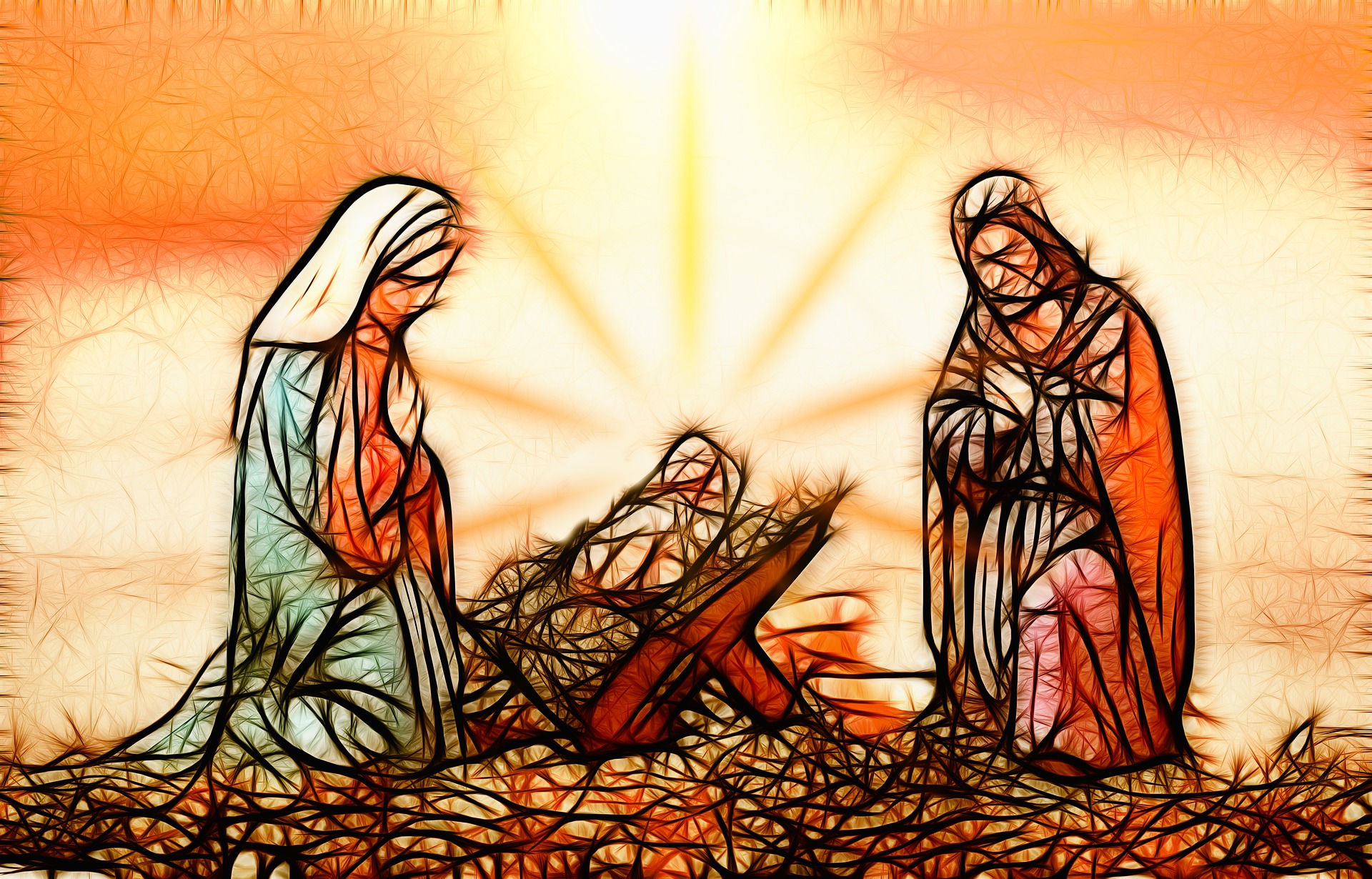The book of Revelation closes with God's victory and it seems so violent. Will it be as warlike as the language sounds? And what could the wonderful imagery of New Jerusalem actually mean in reality?!
A recent survey puts a surprising number of American Christians outside orthodoxy in relation to the birth of Jesus and his supposed pre-existence. Is there a good explanation for this? Perhaps the straightforward narrative of scripture, and its teaching about the man Jesus Christ, is what sincere church-goers pick up on with good reason.
When Jesus said "I and the father are one", what was the context? Our discussions lead us to understand that the phrase shouldn't be a theological battleground but is part of an intensely profound and practical theme for the lives of believers in Jesus which weaves through all parts of the New Testament.
What should we make of the dragon, the beast of the sea and the beast of the earth in the book of Revelation? We uncover a subversive message for Christians in the 1st century and relevant for any age of history. And yes, we talk about the mark of the beast and the number 666 - finally!
We talk about practical ways of getting to know Jesus even though we only have written accounts in the Gospels to work with. Just as we change when we know and love someone really well, knowing Jesus should change us too.
What do the 7 seals and trumpets of the book of Revelation mean? We unpick the pattern and try to imagine what messages the early Christians would have taken from it. The way the sequences of images are communicated continue to confound the expectations of the hearer. But as they unfold, two powerful lessons for Christians of any age emerge.
What do you find when reading the Gospels for the first time? What's the historical basis behind it all? How do you deal with all the miracles? We consider ways to think about both what Jesus said and what he did, and how faith might develop from reading the Gospels.
What or where is heaven? We explore what "heaven" meant to the Biblical writers, concluding that it's much less about a physical location and much more about the presence of God and a relationship that ordinary people (on earth) can have with him through Jesus.
In this episode Dan chats with Professor Anna Whittaker about her expertise and how it relates to the Bible. There is plenty to learn from Jesus about stress and anxiety. He knows from experience of course, because he endured acute times of stress himself.
We invited Tom Gaston back onto the show to answer your questions on Unitarianism and the Trinity. The writer and editor of ‘One God, the Father, a defence of Biblical Monotheism’ gives us his thoughts on the opening of John 1, the influence of Justin Martyr, the virgin birth and why any of this matter should matter to Christians.


